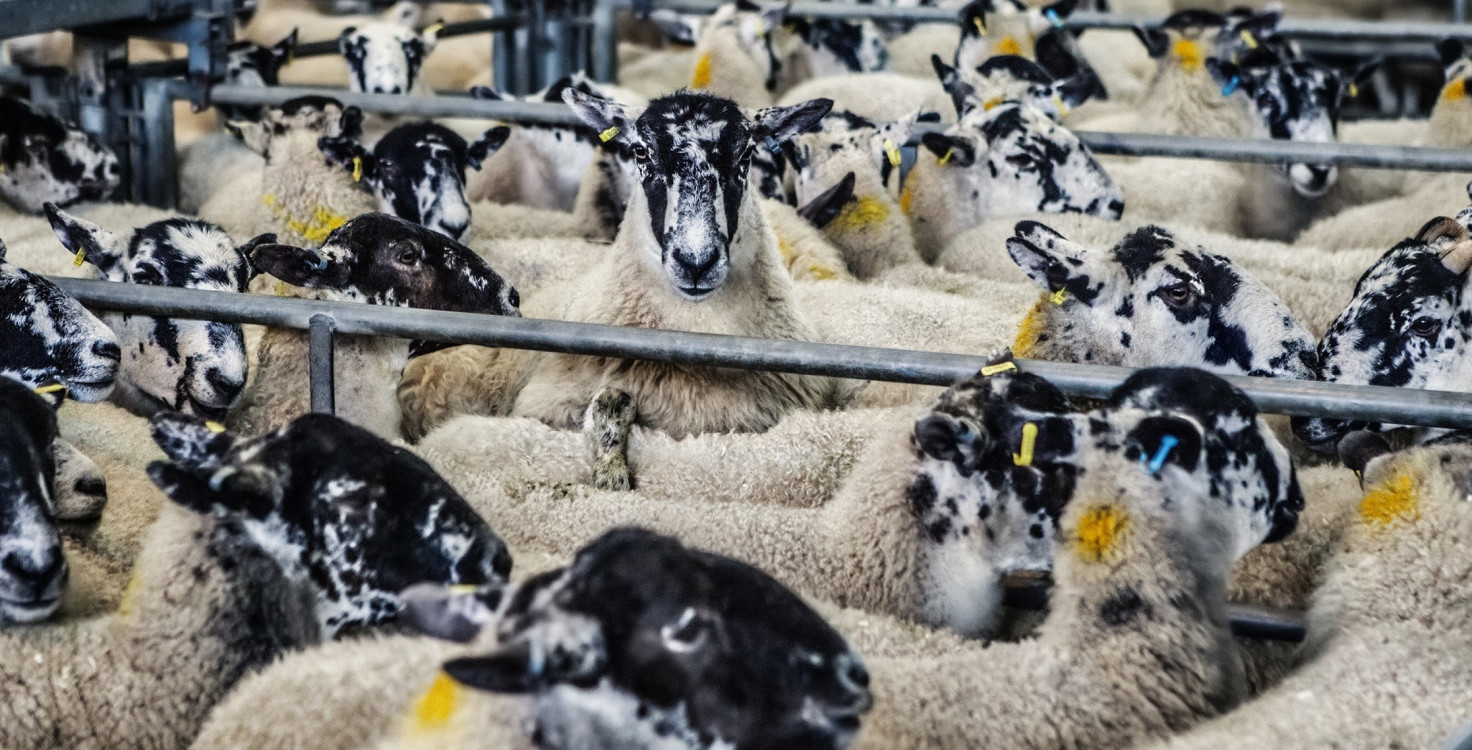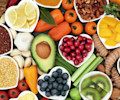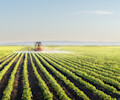The global animal agriculture industry faces mounting pressure over intensive farming practices, with growing scientific evidence suggesting a strong link between current practice and the spread of animal-borne disease. Research shows that the livestock industry has become a ticking time bomb, harbouring a number of serious risk factors that threaten to destabilize both our global public health and economy.
Can animals get human diseases?
The WHO defines zoonotic disease as any disease or infection that is naturally transmitted between animals and humans. Zoonoses pose a serious public health risk and could present huge obstacles to international trade, should supply chains become infected. Major strains of zoonoses such as COVID-19 have already begun to impact the global market, with the economy being brought to a standstill and the death toll escalating by the day.
Some of the most common animal diseases in recent years not only include COVID-19, but also SARS, H1N1 Swine Flu, MERS, Ebola, Zika and Dengue Fever. Amidst an ever-increasing population paired with other risk factors such as antibiotic resistance, researchers believe that both the frequency and severity of these zoonotic pathogens will increase substantially over the coming years.
How are diseases transmitted from animals to humans?
Diseases can be spread from humans to animals through direct and indirect contact between animals and humans. Diseases can also be vector-borne (e.g., transmitted via insect bites), or spread through contaminated food and water.
The intensive production and consumption of animal products increases the likelihood of animal-borne diseases and can even catalyse their spread: If there is disease present at the source of the supply chain, then there is inevitably a risk that it will find its way to the consumer and infect the wider population.
Factory farming
The very environment of factory farming inherently creates the ideal conditions for disease. Cramming large numbers of animals into confined spaces with poor sanitation generates a hotbed for harmful pathogens. Furthermore, heightened stress levels and unnatural diets in livestock contribute to weakened immune systems, which increases susceptibility to disease.
Mass production lines for animal products can also perpetuate the spread of harmful pathogens. Smithfield Foods, a US-based meat-packing giant that currently provides 4-5% of the US meat supply, was recently forced to shut down its biggest factory in the wake of the coronavirus pandemic, after having seen a vast number of its staff become infected with the disease.
In addition to all of this, the growing threat of antimicrobial resistance (AMR) looms imminently over the animal protein industry. It comes at a huge cost to both our public and economic health and is currently responsible for 33,000 deaths in Europe. Overuse and misuse of antibiotics in farmed animals is a key driver of AMR and has been shown to contribute to increased levels of antibiotic resistance.
How can we prevent animal disease?
The significance of the coronavirus pandemic is likely to accelerate action amongst policymakers and investors alike, with calls for tighter regulation enforcement to prevent future outbreaks of animal-borne pandemics. The hazards and fragility present in our animal protein supply chains have been brought to the forefront of the public consciousness, and factory farms are likely to face relentless scrutiny until significant changes can be demonstrated.
FAIRR is currently involved in a number of engagements that seek to mitigate economic risk and prevent the further tragedy of future zoonotic pandemics. The severity of the COVID-19 outbreak will hopefully propel investors to instigate the change required in the livestock sector, challenging the world’s biggest food giants to step-up and manage food safety risks. Greater testing, transparency and regulation are imperative to making these changes.
2020 saw the launch of FAIRR’s Investor Year of Action on AMR initiative, which engages food companies to reduce antibiotic use in their supply chains. Rethinking animal protein supply chains is another way for us to prevent future outbreaks. Exploring ways to feed a growing population means re-evaluating our heavy dependence on animal protein sources, looking instead at alternative proteins such as plant-based alternatives and cell-based ‘clean meat’ options. Our ongoing alternative protein engagements encourage food companies to adopt a global approach and diversify their protein sources.
Whilst the threat of animal pandemics is of serious concern, we have the opportunity to transform our current food system and mitigate future risk. Read more about FAIRR’s engagements here.










